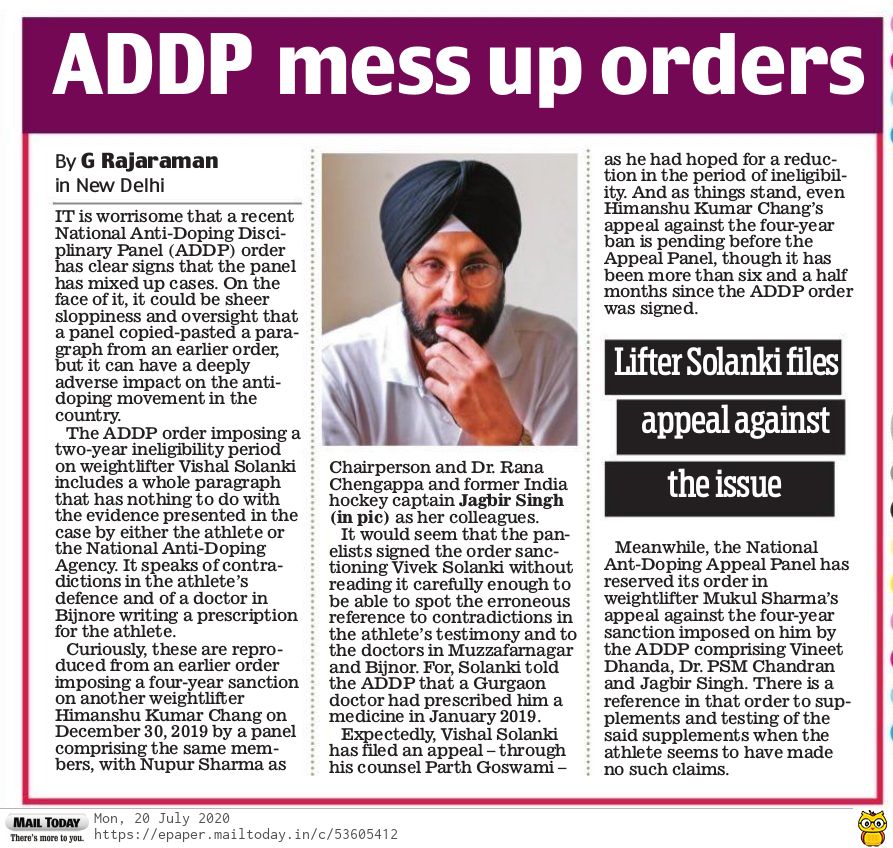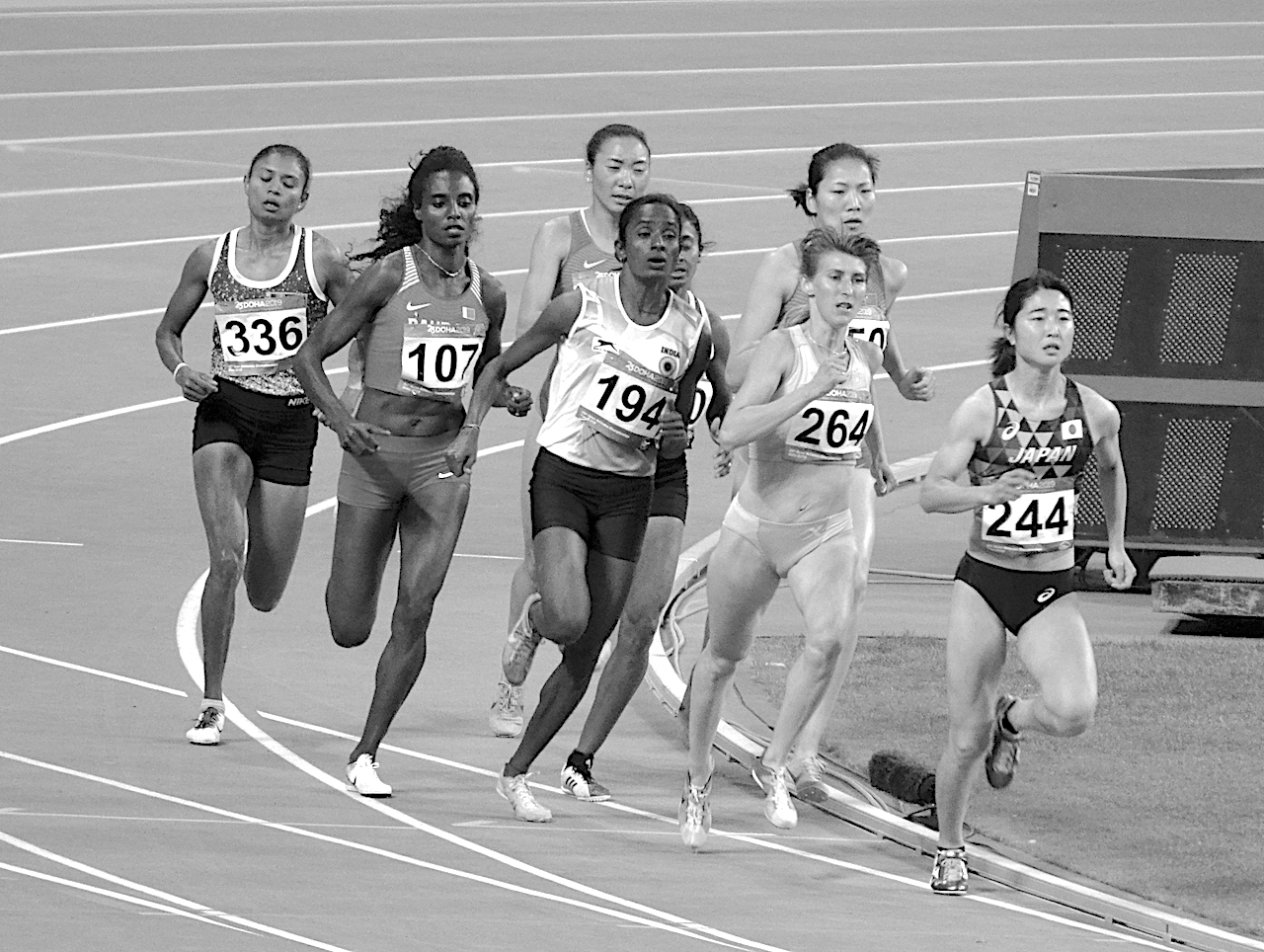World Anti-Doping Agency (WADA) President Witold Banka on Monday said the agency would continue to protect sport without fear or favour. He termed the allegations that WADA was involved in a cover-up of doping violations by 23 Chinese swimmers in 2021 as politically motivated and said the Agency applied the same procedures regardless of the athletes’ nationality.
WADA expectedly continued defending its position of not going on appeal against the Chinese Anti-Doping Agency (CHINADA) decision not to press charges of potential anti-doping rule violations by 23 swimmers in January 2021. Each of them tested positive for Trimetazidine (TMZ), a metabolic modulator which is prohibited at all times.
CHINADA did not pursue rule violations charges after a report from public authorities indicated the 23 swimmers had stayed in the same hotel during the National Championships and their food was contaminated. An American newspaper reported allegations that Chinese sports officials, World Aquatics and WADA actions were not in keeping the WADA Code.

Witold Banka threw his weight behind the Chinese swimmers. “Based on the current evidence, we are discussing a case of environmental contamination that involved innocent athletes and not a doping case involving cheaters,” he said. “I have seen some critical comments that are politically motivated. We apply the same procedures regardless of the nationality of the athletes.”
The WADA President said the agency followed due process at every stage and diligently investigated the case from a legal and scientific perspective to test the contamination theory. “WADA reviews every case and does not hesitate to take an appeal to the Court of Arbitration for Sport. It has done that many times in the past, successfully, and will continue to do so,” he said.
“Considering all aspects of this case, the decision was made not to appeal to CAS. We had no evidence of wrong-doing and had no credible way to disprove the contamination theory that was accepted CHINADA. It was a position that was also accepted by World Aquatics (FINA back then). If we had challenged that, we would certainly have lost,” Witold Banka said.
WADA General Counsel Ross Wenzel, who was involved as an external reviewer of the case in 2021, said he took serious umbrage at any suggestions that he or WADA were involved in a cover-up of doping or even lenient handling of cases for political reasons. “In my entire career fighting for clean sport, I have never been subject to political or other influences,” he said.
The 28 positives of 23 athletes did not warrant an appeal to CAS, Ross Wenzel said. “The fluctuating positives and negatives in some athletes who were tested up to three times during the competition as well as the low concentration levels of TMZ were not compatible with deliberate ingestion or even micro-dosing,” he said.
“The legal advice, based on the opinions given by the scientific experts, was that an appeal to CAS was not warranted,” he said. “WADA did not exercise the right of appeal before CAS since changing a ruling of no violation to a ruling of a violation with no fault. We would not have been able to seek a disqualification of results subsequent to the competition where they tested positive.”
Ross Wenzel also explained that WADA had no authority to advice the imposition of provisional suspensions on athletes. “It is up to the Anti-Doping Organisation as the Result Management Authority. The Code allows athletes to explain at provisional hearings how the substance got into their bodies and ADOs can impose or defer the mandatory provisional suspensions,” he said.
He cited the 2014 example of 10 AAFs on US soil which the concerned Results Management Agency decided not to pursue as it had deemed the positive tests were the result of contamination.
With the number of No Cases to Answer decisions rising each year, WADA insisted it reviews each of these like it did in the case of the 23 Chinese swimmers.
“WADA reviews between 2000 and 3000 ADRV decisions each year. The (ADO) decision not to move forward in one the types of decisions. Each of them is reviewed by the legal department. If we have any concerns, we request for the case files. We scrutinise each of them as this case was,” Ross Wenzel said.



